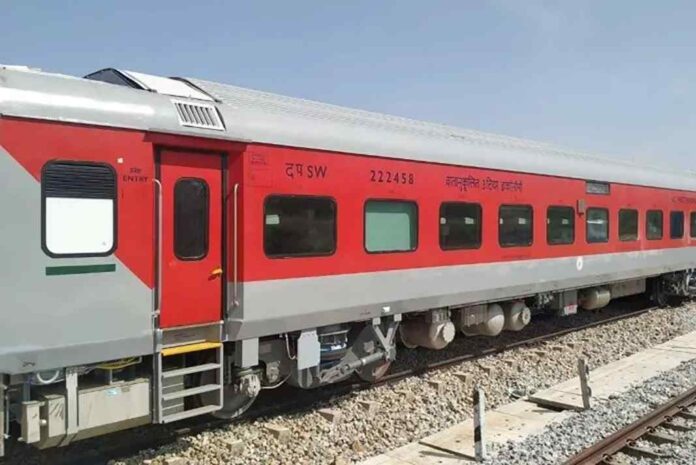Indian Railways has made a significant change to its ticket booking system by reducing the Advance Reservation Period (ARP) from 120 days to 60 days, effective from November 1, 2024. The change, aimed at reducing the growing trend of “no-shows,” will help make travel more accessible to genuine passengers.
Key Changes to Reservation Period
The Ministry of Railways announced that the ARP reduction is designed to give better visibility into actual travel demand. This, in turn, will assist the railways in planning and introducing special trains during peak travel periods.
The reduction excludes the date of the journey and applies to all reservations made after October 31, 2024. The decision comes in light of data showing that 21% of bookings made for the 61-120 day period were canceled, with another 5% of passengers not canceling or showing up for their trips.
Impact on Special Trains and Peak Seasons
The Indian Railways aims to use this change to improve the availability of tickets and reduce the wastage caused by reserved berths going unused. This will also provide the railway authorities with better data to plan additional trains when necessary, ensuring that travel demand is met during peak seasons.
Also read | Launch of Pilot Projects in Steel Sector under National Green Hydrogen Mission
Adjustments for Specific Trains
Certain express trains like the Taj Express and Gomti Express will continue to have shorter reservation windows. The 365-day ARP for foreign tourists will remain unchanged. Importantly, tickets already booked under the 120-day ARP will remain valid. Cancellations made for journeys beyond the new 60-day limit will still be accepted.
Addressing Ticket Hoarding and Fraud
The shorter ARP is expected to reduce the likelihood of ticket hoarding and fraud, ensuring that more tickets are available for those who genuinely need to travel. The Indian Railways encourages passengers to stay informed and make early bookings to avoid travel disruptions.
The decision marks a return to a more controlled booking window, a move that was last implemented in 1995 with an ARP of just 30 days.

